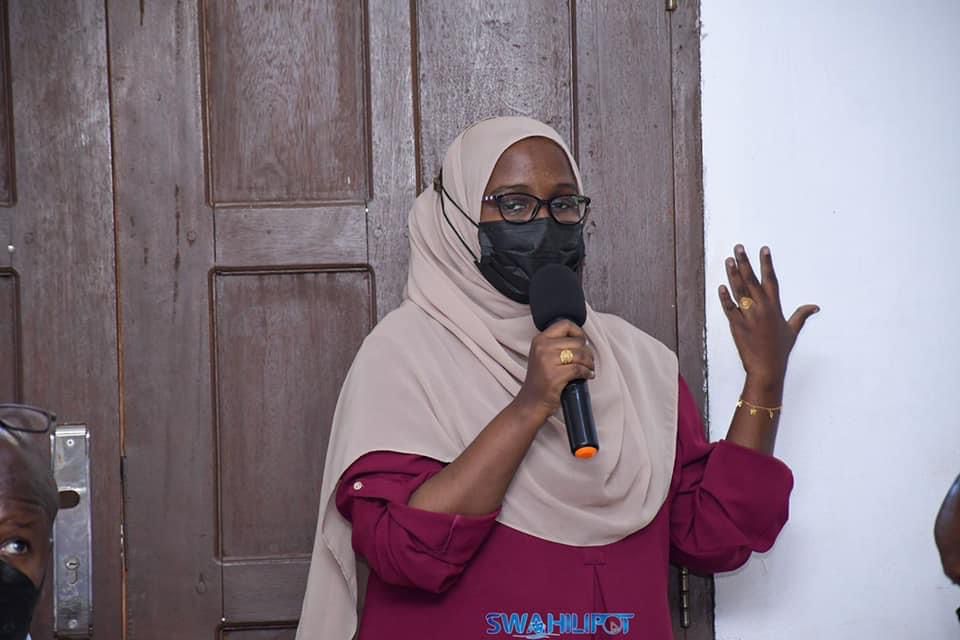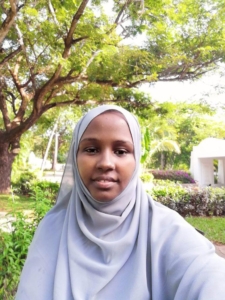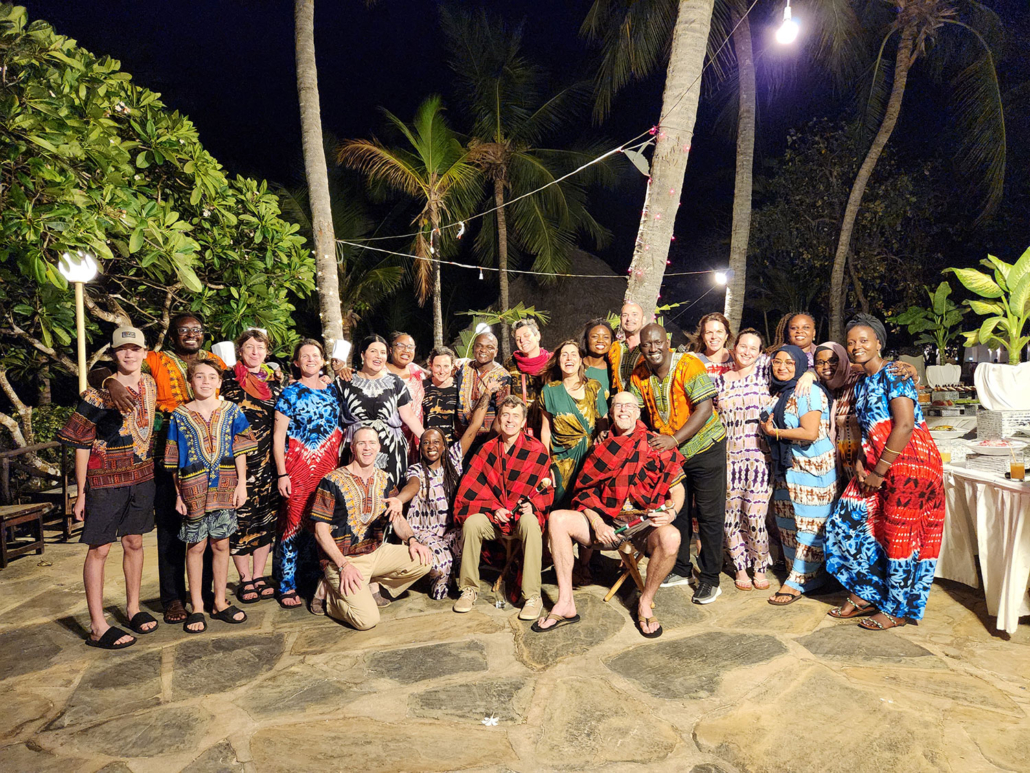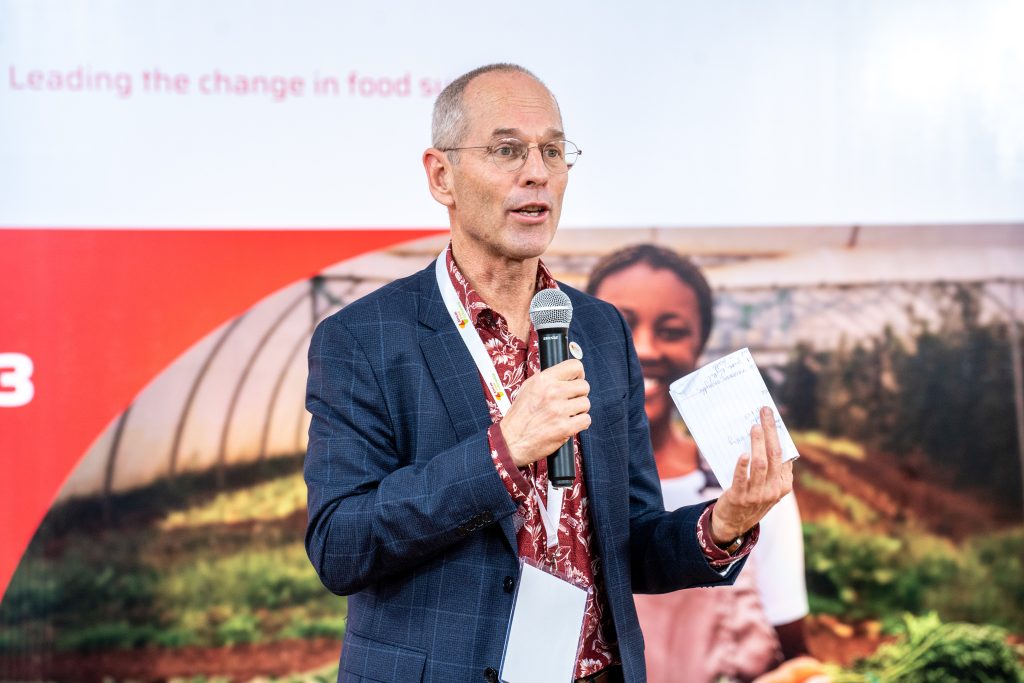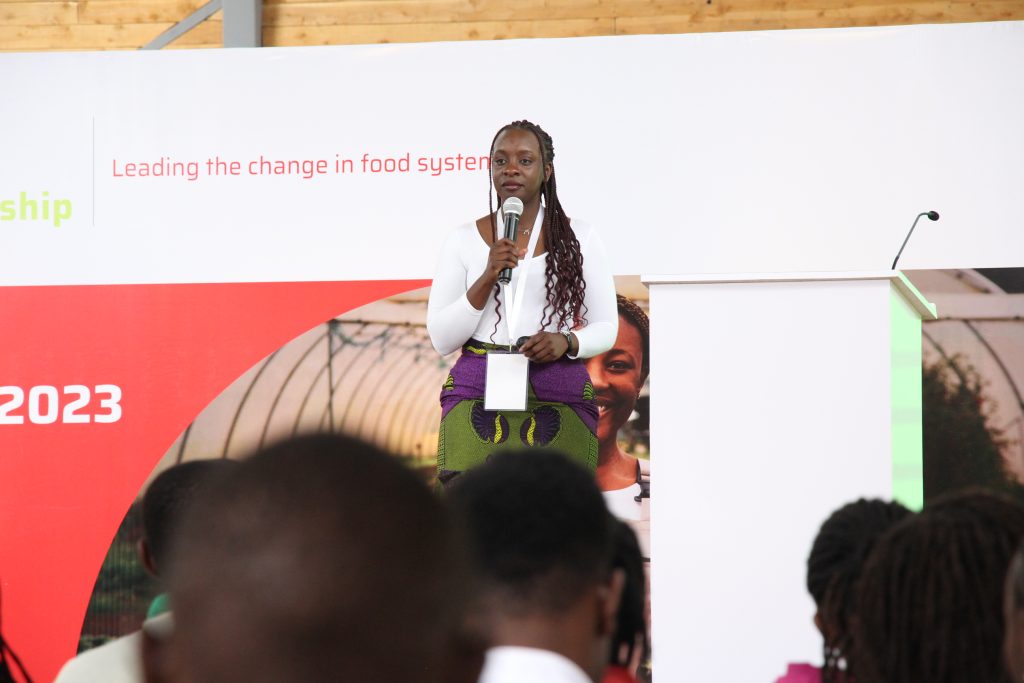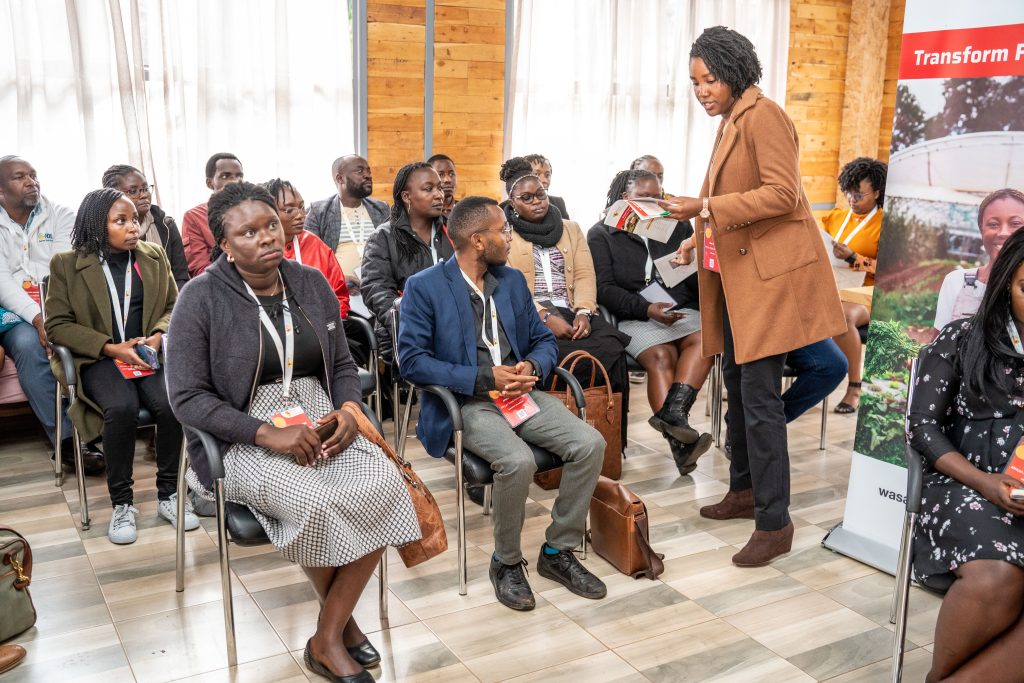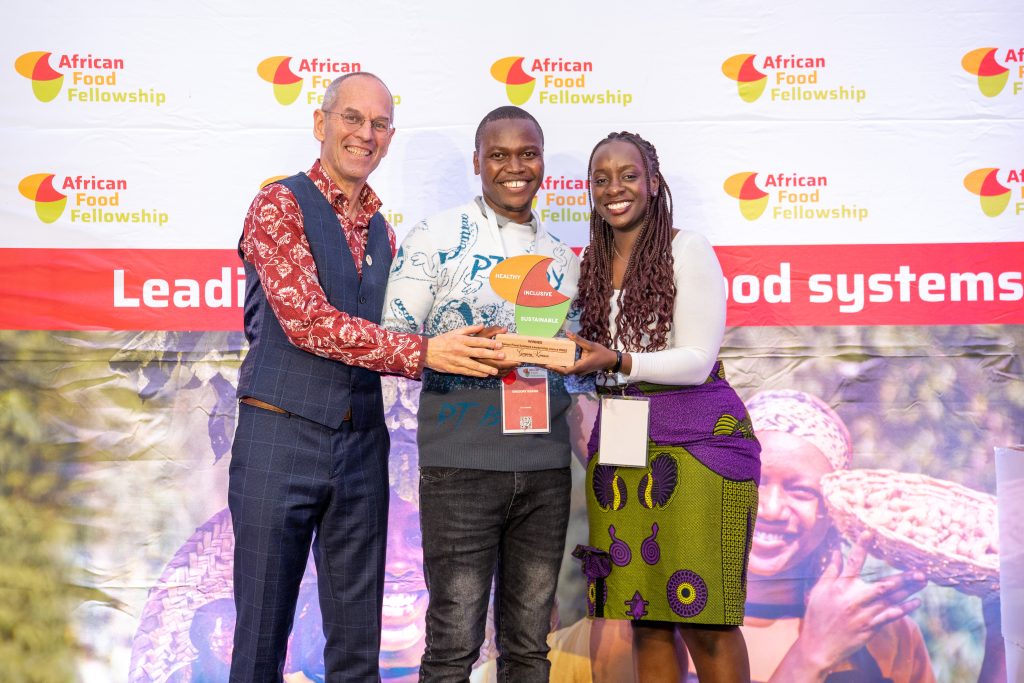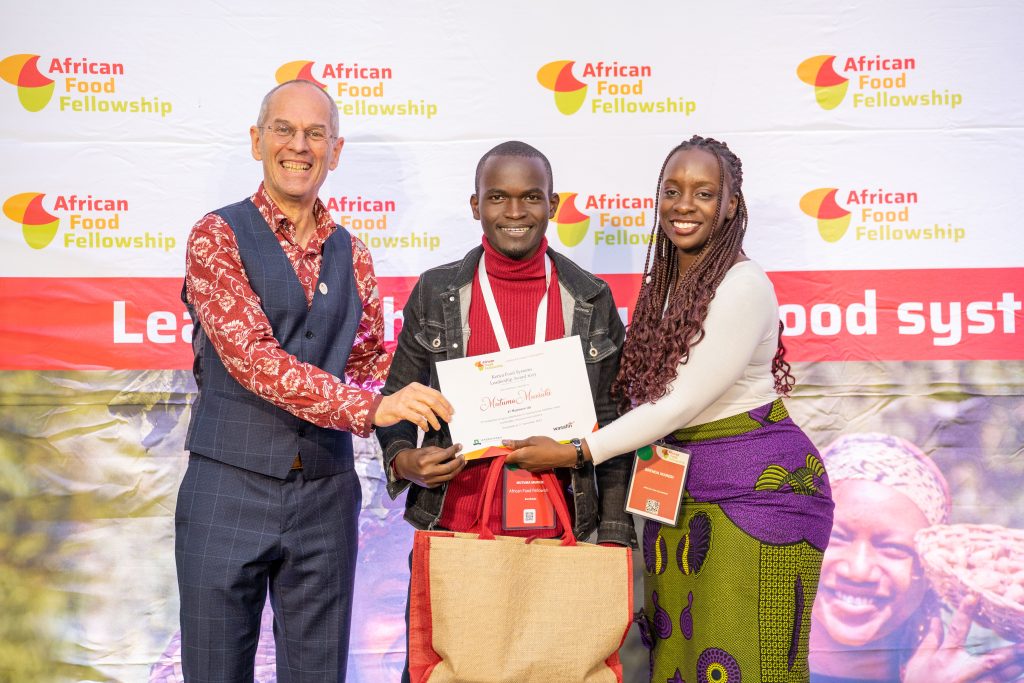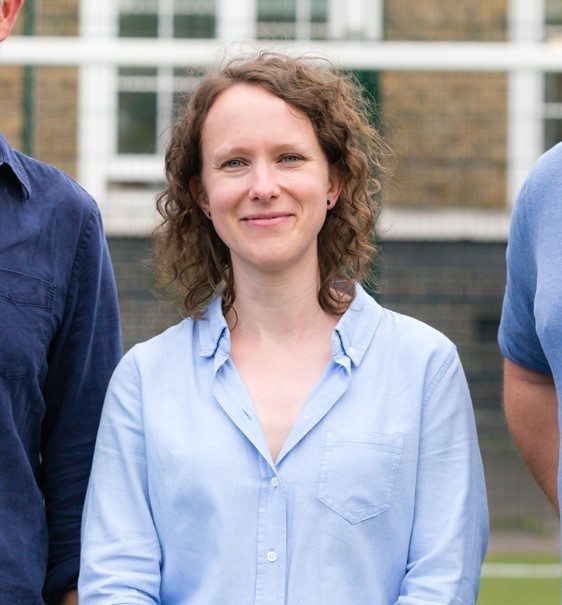School feeding initiatives, a game-changer for East Africa
School feeding initiatives, a game-changer for East Africa
Latest posts
Share:
School feeding programs are more than just meals on a plate. When designed well, they create jobs, strengthen local food systems, and support children’s health and education. Yet, despite their potential, investment remains alarmingly low across Africa.
The reality is stark: while governments, NGOs, and development partners have made strides, the scale of the challenge far outweighs current efforts. With school feeding at the intersection of nutrition, local economies, and food security, it is clear that no single organisation can solve this alone.
Wasafiri works with a broad network of partners to convene, coordinate, and unlock solutions that drive systemic change. But time is running out. If we want to make school meals a truly sustainable solution, the world needs to act – and invest – now.
A missed opportunity for food systems actors?
Across East Africa, school meals are often the only reliable source of daily nutrition for millions of children. In Kenya, for example, nearly 4 million children benefit from school feeding programs. Yet these initiatives remain largely dependent on donor funding and food imports, failing to harness the full potential of local economies.
Home Grown School Feeding (HGSF) presents an opportunity to shift this paradigm. By sourcing food from local smallholder farmers and micro, small, and medium enterprises (MSMEs), school feeding programs can:
- Boost rural economies by creating predictable demand for local produce.
- Improve food security by strengthening regional food systems.
- Enhance nutrition by prioritizing diverse, locally available foods.
- Increase resilience by reducing dependence on external food aid.
Despite these benefits, only a fraction of Africa’s school feeding programs are meaningfully linked to local food systems. A scoping review conducted by Wasafiri found that while 76% of school feeding initiatives claim to support small-scale farmers, only 43% have preferential contracting for them, and a mere 7% have legal frameworks to ensure their inclusion. In other words, the potential of HGSF remains largely untapped.
The question is not whether HGSF works; it does. The question is, why is Africa still struggling to make it the norm rather than the exception?
Unlocking the potential of local farmers and MSMEs
While school feeding should be a win-win for both children and local food producers, smallholder farmers and MSMEs face significant barriers to entry. Wasafiri is involved in CCHeFS, a project funded by IDRC aimed at integrating MSMEs and smallholder farmers into school feeding initiatives. Our research reveals some of their challenges:
- Market access: Many smallholder farmers lack the scale and consistency required to meet the demands of school feeding programs.
- Financing constraints: MSMEs and farmer cooperatives struggle to access the credit needed to expand production or invest in better infrastructure.
- Procurement barriers: Government procurement processes often favour large suppliers, sidelining small-scale producers.
- Logistical hurdles: Weak supply chain networks mean that even when smallholder farmers can produce sufficient food, getting it to schools efficiently is a challenge.
Wasafiri, alongside its partners, is working to identify practical ways to integrate MSMEs and smallholder farmers into school feeding supply chains. We are exploring financing models, capacity-building programs, and policy shifts that could make HGSF scalable. However, the reality is that these efforts, while necessary, are just a drop in the ocean. What is needed is serious, long-term investment.
Where will the investment come from?
The need for financing in HGSF cannot be overstated. While national governments have made commitments, budget constraints mean that school feeding programs often remain underfunded and inconsistent.
Private-sector engagement is almost non-existent in many cases. Yet, major global players such as impact investors, philanthropic foundations, and large agribusinesses have the resources to fill this gap. Organisations such as the Rockefeller Foundation, Novo Nordisk Foundation, and the Bill & Melinda Gates Foundation have invested heavily in food systems transformation. But school feeding has yet to receive the level of attention (and funding) it deserves.
We believe this must change. The case for investment is clear:
- Return on investment: Studies show that for every $1 invested in school feeding, there is a $9 return in improved health, education, and productivity.
- Impact on local economies: Research from the CCHeFS project demonstrates that integrating MSMEs into school feeding programs can create thousands of jobs and increase farmers’ incomes by 30-50%.
- Climate resilience: Sourcing food locally can reduce the carbon footprint of school meals while promoting climate-smart agriculture.
The question is: who will step up?
A call to action: We must act now
Wasafiri has spent years working to understand the complexities of school feeding in Africa. We have conducted research, convened stakeholders, and supported policy discussions. But we cannot do this alone.
If we are serious about transforming school meals into a tool for systemic change, we must move beyond pilots and fragmented projects. We need:
- Large-scale investments to support smallholder farmers and MSMEs in becoming viable suppliers.
- Policy shifts that prioritise local procurement and reduce barriers for small businesses.
- Multi-stakeholder collaboration, bringing together governments, donors, and the private sector.
If you are a funder, policymaker, or organisation that cares about the future of school feeding, now is the time to engage. The solutions exist. The question is whether we have the will to implement them at scale.





